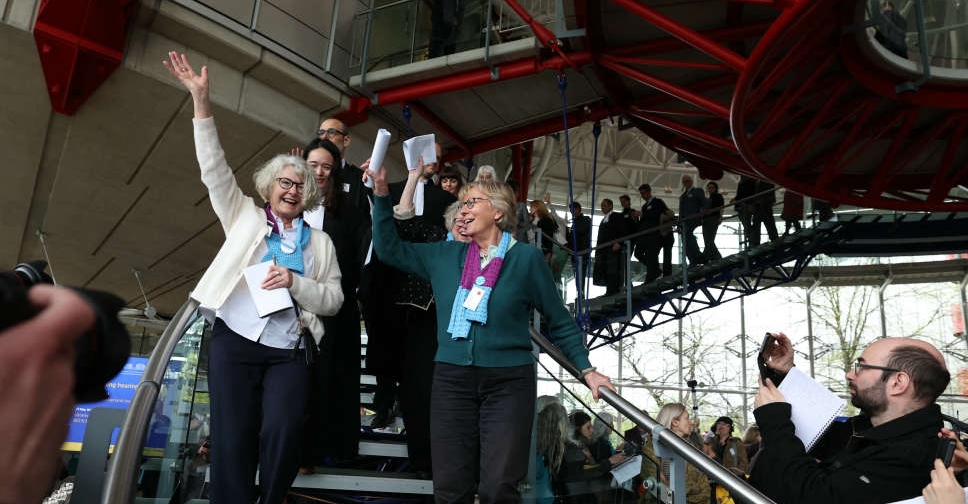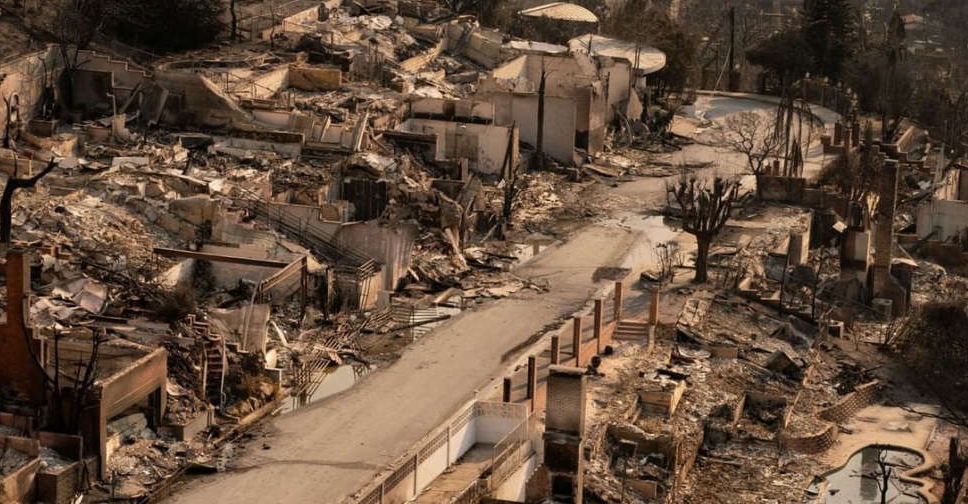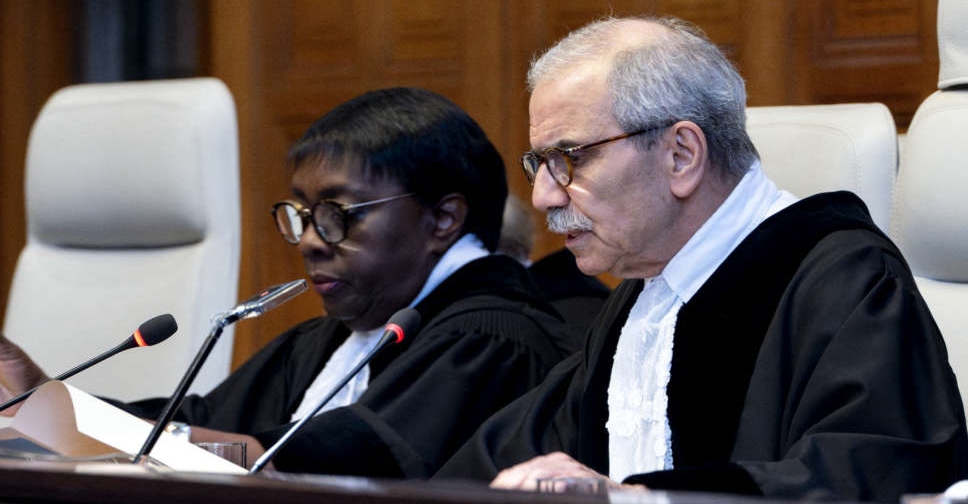
Europe's top human rights court ruled on Tuesday that the Swiss government had violated the human rights of its citizens by failing to do enough to combat climate change.
The European Court of Human Rights's (ECtHR) decision on the case brought by more than 2,000 elderly Swiss women set a precedent that will resonate across Europe and beyond for how courts deal with a growing trend of climate litigation.
But in a sign of the complexities of climate litigation, the court rejected two similar climate-related cases, one brought by a group of six Portuguese young people against 32 European governments and another by a former mayor of a low-lying French coastal town.
The Swiss women, known as KlimaSeniorinnen, argued their government's climate inaction put them at risk of dying during heatwaves.
In her ruling, Court President Siofra O'Leary said the Swiss government had failed to meet targets for cutting greenhouse gas emissions and that there had been gaps in its domestic regulatory framework.
"It is clear that future generations are likely to bear an increasingly severe burden of the consequences of present failures and omissions to combat climate change," O'Leary said.
One of KlimaSeniorinnen leaders, Rosmarie Wydler-Wälti said she was struggling to grasp the full extent of the decision.
"We keep asking our lawyers, 'Is that right?'. And they tell us 'it's the most you could have had. The biggest victory possible'."
A spokesperson for the Swiss Energy Ministry reacted to the ruling by saying: "We're on a good path. We're doing a lot."
The European Commission said it took note of the ruling.
"Regardless of the legal arguments, what these cases do is they remind us of the high importance and urgency which our citizens attach to climate action." a Commission spokesman said.


 Trial of South Korea's impeached President Yoon set to begin
Trial of South Korea's impeached President Yoon set to begin
 Los Angeles utility sued for Palisades Fire water shortage, court filing shows
Los Angeles utility sued for Palisades Fire water shortage, court filing shows
 Lebanon's Nawaf Salam to be designated PM
Lebanon's Nawaf Salam to be designated PM
 Qatar hands Israel, Hamas 'final' draft of Gaza ceasefire deal
Qatar hands Israel, Hamas 'final' draft of Gaza ceasefire deal







